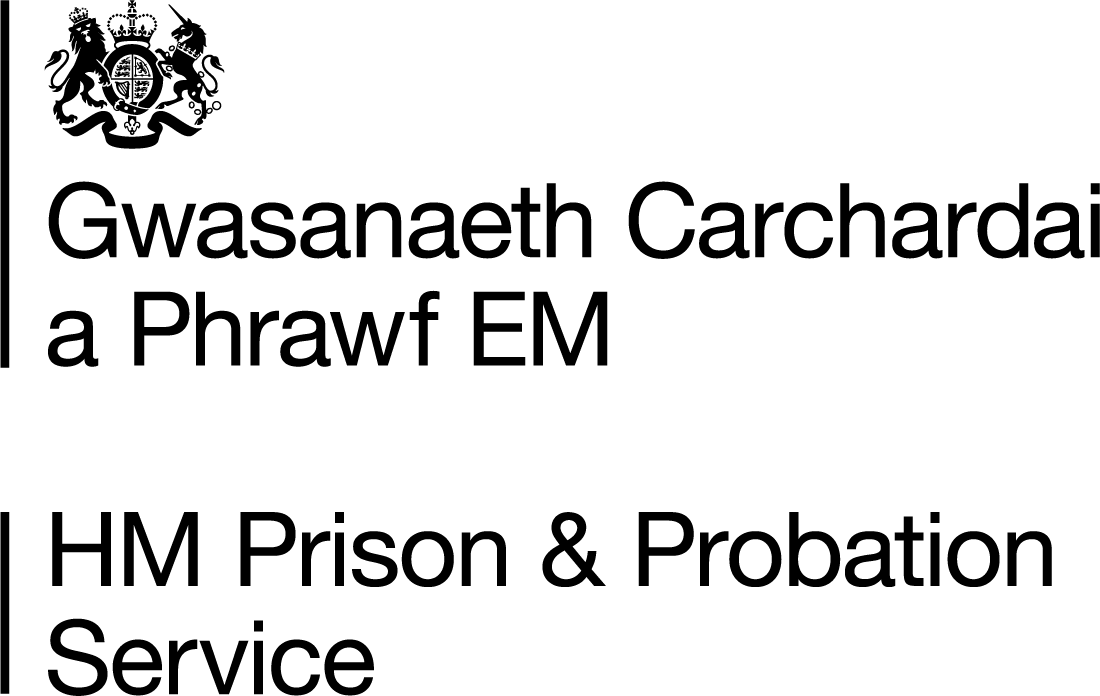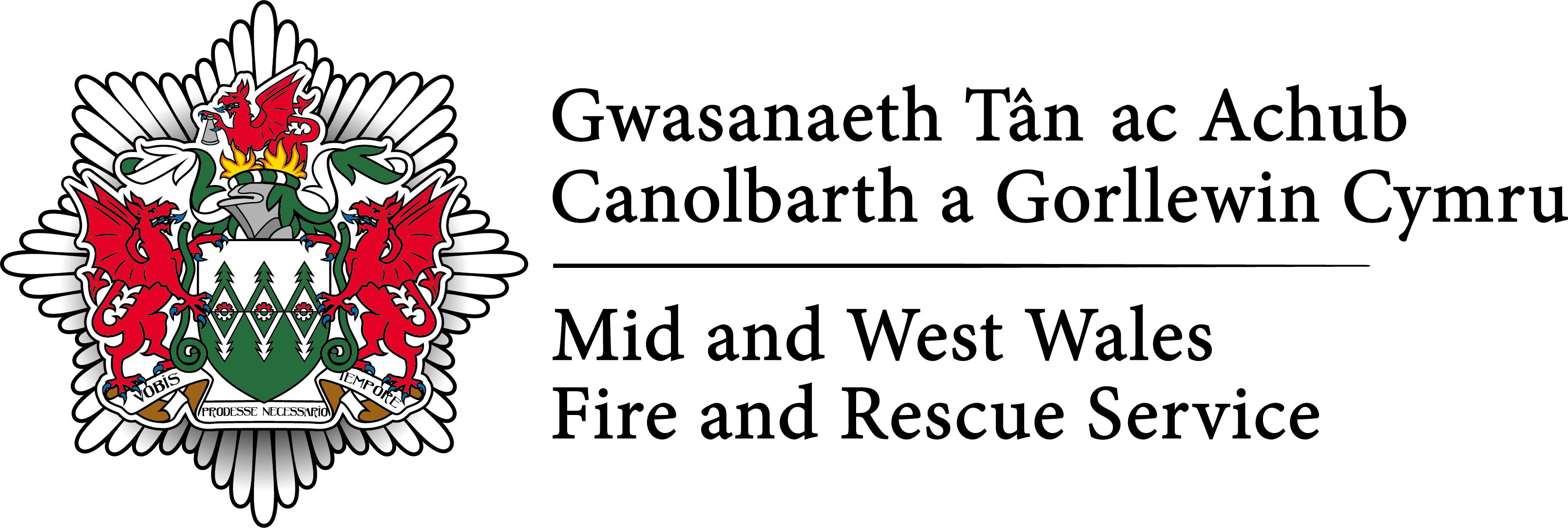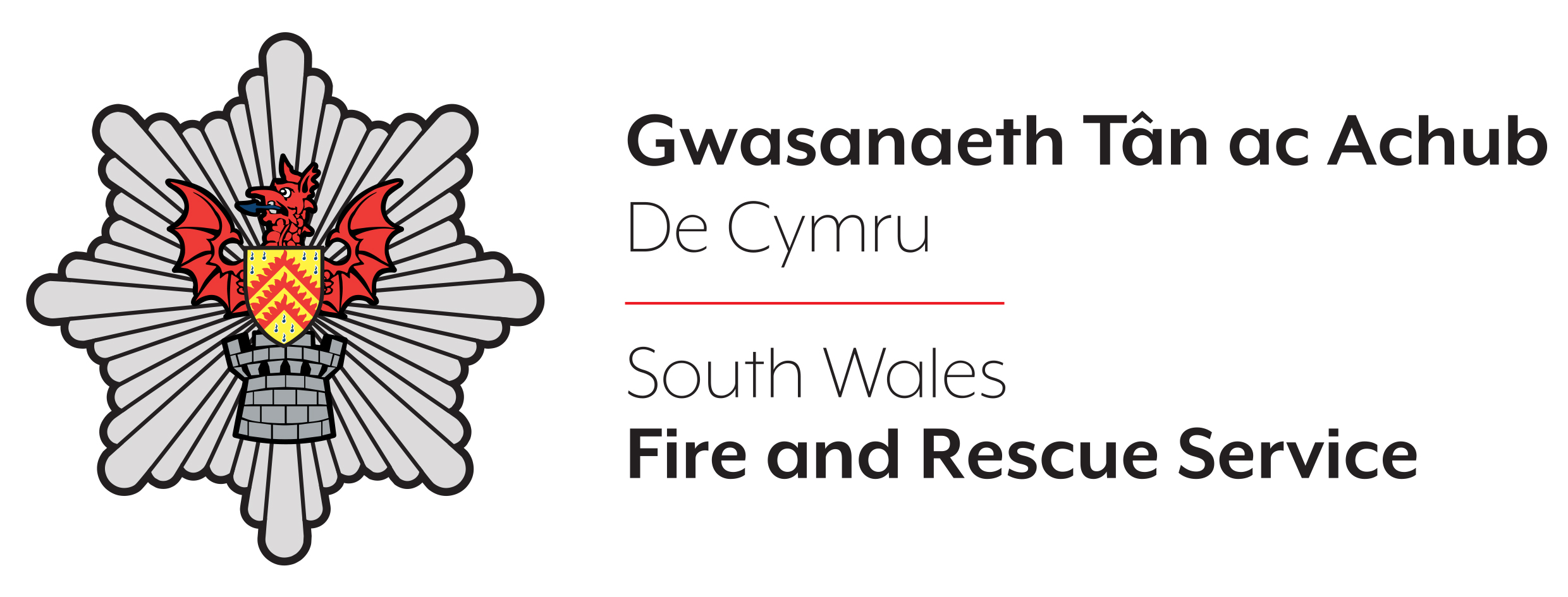This Act set in place the six remedies currently available to manage ASB, which are: civil injunctions; criminal behaviour orders; community protection notices; public spaces protection orders; closure orders; dispersal powers. It also introduced the community trigger and community remedy.
- Anti-social Behaviour, Crime and Policing Act 2014: Anti-social behaviour powers. Statutory guidance for frontline professionals, revised in January 2021.
- Police Reform and Social Responsibility Act 2011
- Protection from Harassment Act 1997
- Well-being of Future Generations (Wales) Act 2015. This Act brought in seven well-being goals, which include a resilient Wales, a Wales of more cohesive communities, and a healthier Wales.
- Housing (Wales) Act 2014
- Renting Homes (Wales) Act 2016
- Regulation of Registered Social Landlords (Wales) Act 2018
- Protection from Harassment Act 1997
- Housing Act 1996
- Data Protection Act 1998 and the General Data Protection Regulations 2018 for the handling of personal information and data sharing options between agencies.
- Open Spaces Act 1906
- Town and Country Planning Act 1990
- Public Order Act 1986
- Criminal Law Act 1967
- Criminal Justice and Public Order Act 1994
- Police and Criminal Evidence Act 1984
- Human Rights Act 1998
- Terrorism Act 2006
- Offences against the Person Act 1861
- Crime and Disorder Act 1998
- Racial and Religious Hatred Act 2006
- Justices of the Peace Act 1361
- Justices of the Peace Act 1968
- Powers of Criminal Courts (Sentencing) Act 2000
- Magistrates Courts Act 1980
- Licensing Act 2003
- The Licensing Act 2003 (Mandatory Licensing Conditions) (Amendment) Order 2014
- Deregulations Act 2015
- Public Health (Minimum Price for Alcohol) Wales 2018
- Violence Against Women, Domestic Abuse and Sexual Violence (Wales) Act 2015
- Welsh Language (Wales) Measure 2011
- Wellbeing of Future Generations (Wales) Act 2015
- Health and Safety at Work Act 1974
- Management of Health and Safety at Work Regulations Act 1999
- Corporate Manslaughter and Corporate Homicide Act 2007
- Reporting of Injuries, Diseases and Dangerous Occurrences Regulations 2013
- Protection from Harassment Act 1997
- Theft Act 1968
- Theft Act 1978
- Fraud Act 2006










